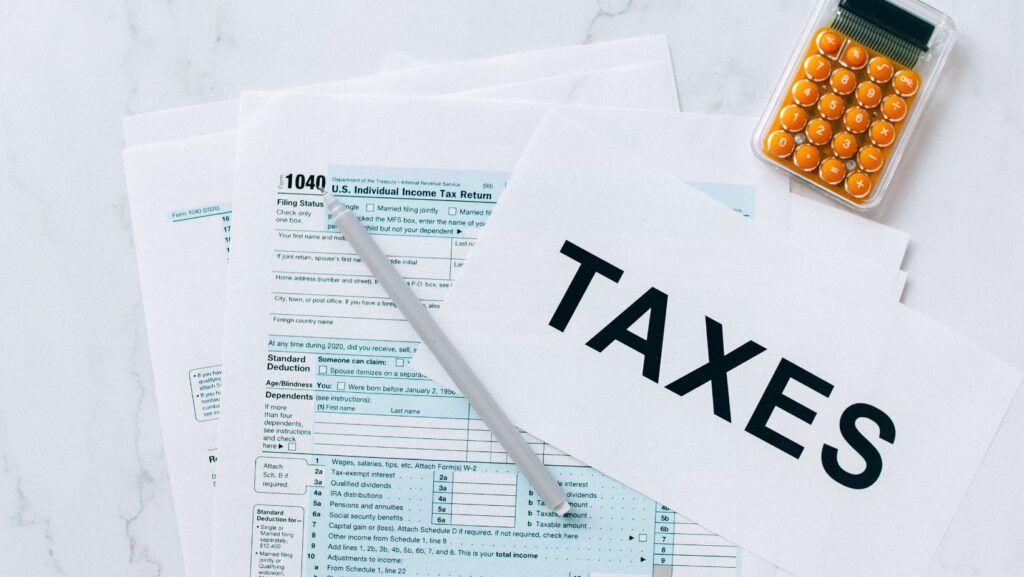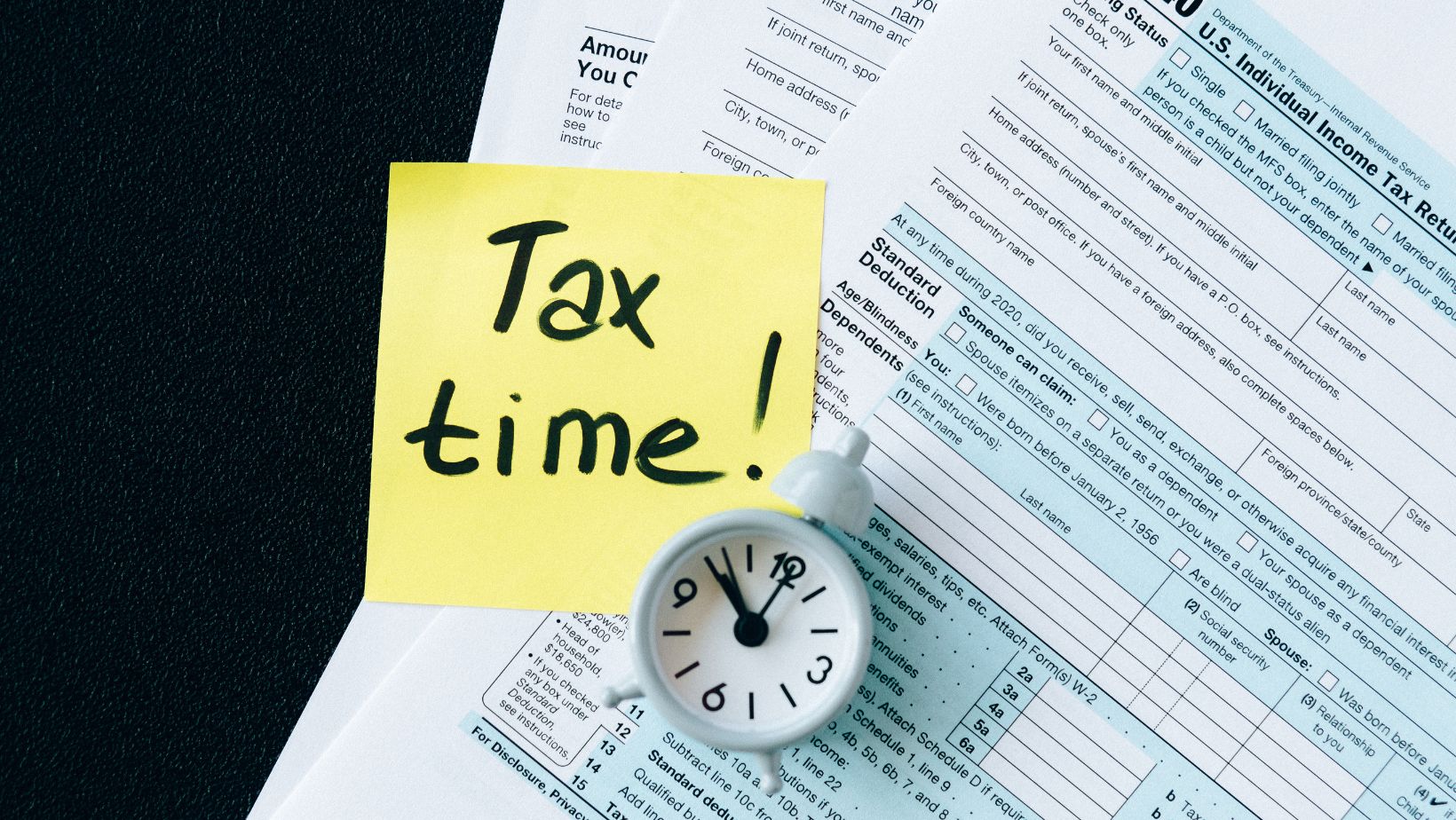
Tax season can be a stressful time for everyone, but for American expats, the complexities of U.S. tax obligations while living abroad add another layer of challenge. Staying aware of the 2025 tax filing deadlines is critical to ensuring compliance and avoiding penalties. This guide will provide an overview of key dates and tips for managing your taxes, including the benefits of tax filing online for expats.
Key Tax Deadlines for American Expats in 2025
1. April 15, 2025 – Standard Deadline
For most taxpayers, the deadline to file federal income tax returns and pay any owed taxes is April 15. However, expats receive an automatic two-month extension to file.
2. June 17, 2025 – Automatic Extension for Expats
American expats are granted an automatic two-month extension, moving the filing deadline from April 15 to June 17, 2025. This extension is designed to accommodate the challenges of living and working abroad.
- Important Note: While the filing deadline is extended, any taxes owed must still be paid by April 15 to avoid interest charges.
3. October 15, 2025 – Extended Filing Deadline
Expats who need additional time to prepare their returns can request an extension until October 15 by filing Form 4868. This extension applies to the filing of the tax return, but not to the payment of taxes owed.
4. FinCEN Form 114 (FBAR) Deadline
- April 15, 2025: The deadline to file the Foreign Bank Account Report (FBAR) using FinCEN Form 114.
- Automatic Extension: An automatic extension to October 15, 2025, is provided if the April deadline is missed.
5. FATCA Reporting (Form 8938)
Taxpayers with significant foreign assets must include Form 8938 with their annual tax return, aligning with the standard filing deadlines.
Why File Taxes Online in 2025?
For American expats, filing taxes online has become the preferred method due to its efficiency and accessibility. Here’s why it’s advantageous:
1. Convenience
- File from anywhere in the world with an internet connection.
- Online platforms simplify the process with step-by-step guidance tailored for expats.
2. Accuracy
- Tax filing software reduces errors by automatically calculating figures and checking for compliance with U.S. tax laws.
3. Faster Refunds
- E-filing allows you to receive refunds more quickly, often within 21 days, through direct deposit.
4. Comprehensive Support
- Many online platforms include tools for expat-specific forms such as FBAR and FATCA reporting.
5. Secure Filing
- Reputable platforms use advanced encryption to protect your data.
Common Challenges for Expats
1. Understanding Dual Tax Obligations
Many expats face the challenge of navigating both U.S. and host country tax laws. Utilizing the Foreign Earned Income Exclusion (FEIE) and the Foreign Tax Credit (FTC) can help reduce double taxation.
2. Managing Foreign Assets
Expats must report foreign bank accounts and financial assets exceeding certain thresholds.
FBAR and FATCA compliance are essential to avoid penalties.
3. Meeting Deadlines Across Time Zones
Living abroad can make tracking U.S. deadlines tricky. Setting calendar reminders or working with an online tax filing service can help ensure timely compliance.
Tips for Successful Tax Filing Online
1. Choose the Right Platform
Opt for a reputable online tax filing service that specializes in expat taxes. Look for features like FBAR integration, Form 8938 support, and access to live experts.
2. Organize Your Documents
Gather all necessary documents, including W-2s, 1099s, foreign income statements, and receipts for deductions. Having everything ready makes the online filing process smoother.
3. Stay Informed About Tax Changes
Keep up to date with new regulations that may affect expats, such as changes to exclusion limits or reporting thresholds.
4. File Early
Starting early provides ample time to resolve any issues and ensures you meet all deadlines, especially if additional forms like FBAR are required.
FAQs About Expat Tax Filing
1. Do I need to file taxes if I owe nothing? Yes, U.S. citizens and Green Card holders are required to file a tax return regardless of where they live or whether they owe taxes.
2. Can I file state taxes online? Yes, many online platforms support state tax filings. Be aware that some states, like California and New York, may require filings even for expats.
3. Are online tax platforms secure? Reputable platforms employ advanced encryption and other security measures to protect your information.
4. What happens if I miss a deadline? Late filings may result in penalties or interest charges. Filing as soon as possible and seeking professional advice can help mitigate these consequences.
It is crucial for American expats to adhere to tax filing deadlines to avoid penalties and remain compliant with U.S. tax laws. Navigating the intricacies of expat taxation can be simplified with the assistance of specialized services like Expat US Tax, which ensure accuracy and ease. With professional guidance and proper planning, expats can fulfill their tax obligations seamlessly and devote more time to their life abroad.









